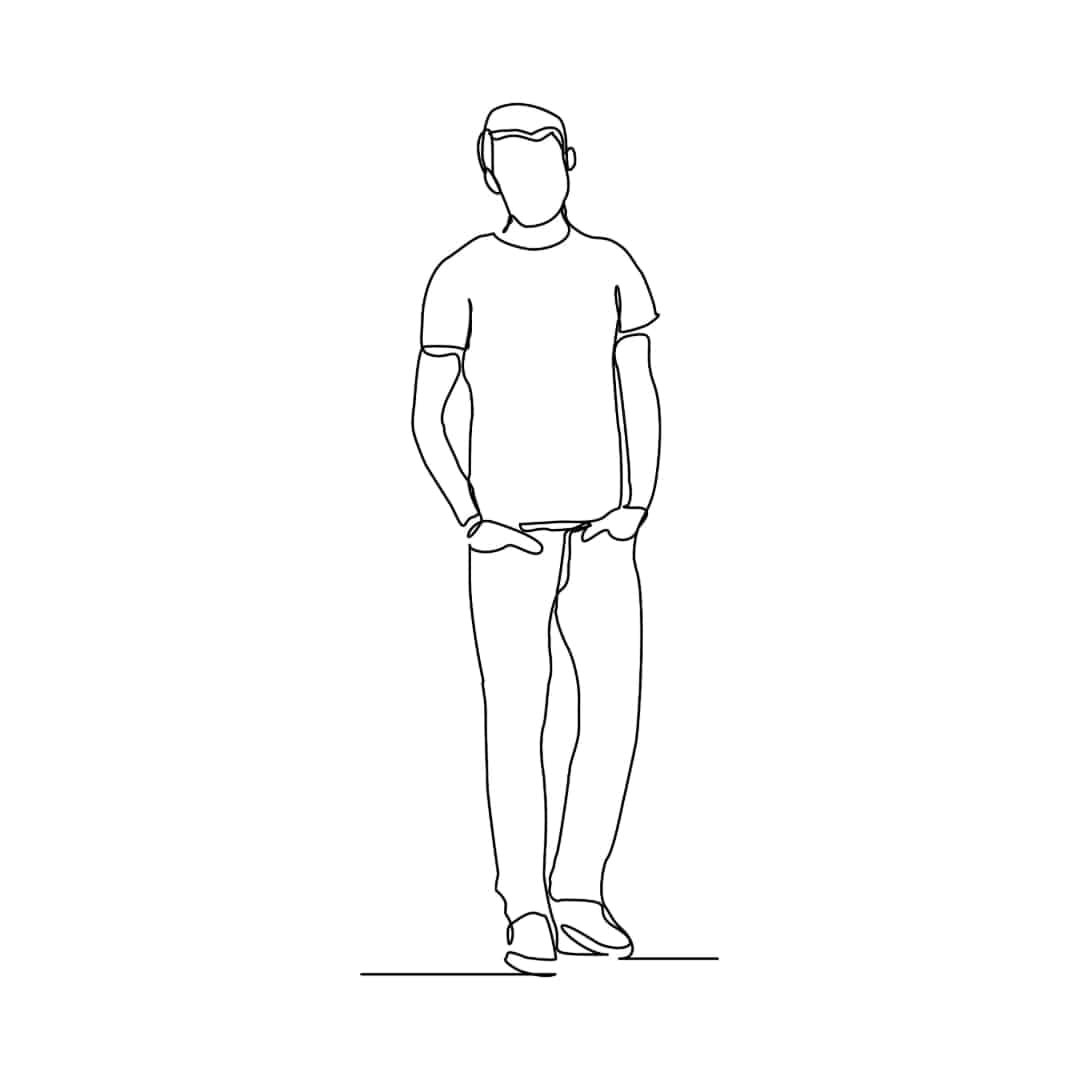How Blackouts Occur and How to Treat Them
What Are Benzodiazepines?
Many prescription medications belong to a drug group called Benzodiazepines (or ‘benzos,’ when abbreviated). Drugs such as Xanax, Klonopin, Valium, Halcion, and related prescription medications fit in this category. Benzodiazepines are designed to treat a wide range of conditions including insomnia, seizures, and anxiety. They work by altering the neurons that trigger stress and anxiety to relax the mind & body. While short-term Benzodiazepine use (2-3 weeks) is considered safe, long-term use can result in lasting complications.

Effects of Benzodiazepines
Benzos may cause a variety of symptoms that could range anywhere between mild and severe. Side effects of Benzodiazepines may include:
- Drowsiness
- Dizziness
- Confusion
- Memory problems
- Depression
- Increased anxiety
- Behavioral changes
Additionally, Benzos come with a higher risk of dependence and abuse than most prescription medications. This means that individuals who use Benzodiazepines for an extended period of time may experience issues like overdose, withdrawal, and blackouts.
What Is “Blacking Out?”
Causes of Blackouts
Blackouts are typically associated with the consumption of alcohol. When someone’s alcohol levels are too high or they drink too quickly on an empty stomach, they may begin to black out and lose their memories.
Individuals who take a high dosage of Benzos may experience blackouts as well. The effects of a blackout from alcohol are similar to those of a blackout from Benzodiazepines. Blackouts usually occur after someone uses large amounts of fast-onset, short-acting Benzos. Benzodiazepines such as Xanax and Valium can cause blackouts that may have unpredictable and possibly dangerous results. The higher someone’s tolerance is for these drugs, the higher their risk of blacking out.
Blacking Out From Benzodiazepines: What Happens
When someone blacks out after using Benzodiazepines, they will likely lose memory of their activities. Amnesia may last anywhere from a couple of seconds to a few days. Someone who is blacked out could complete tasks such as eating, having a conversation, or even driving without having any recollection of it .
Someone who blacks out from Benzodiazepine use may also experience:
- Impaired judgement
- Distraction
- Forgetfulness
- Repetition
- Lack of awareness
- Lack of concern
- Explicable actions
- Uncharacteristic behavior
Blacking out could lead to injuries and accidents, so it is important for someone who is going through a blackout to receive medical attention immediately.
Maintaining and Treating Blackouts
Using Benzodiazepines Responsibly
If you use Benzodiazepines, the best way to prevent blackout is to use them responsibly and according to dosage. Tell your doctor about all other medications you use and do not use Benzodiazepines for longer than prescribed. If you are experiencing negative side effects from Benzodiazepines, it may be time for you to consider alternative options.
To learn more about the effects of blacking out from Benzodiazepines, contact our team of substance abuse and treatment specialists by calling 267.209.7313.



